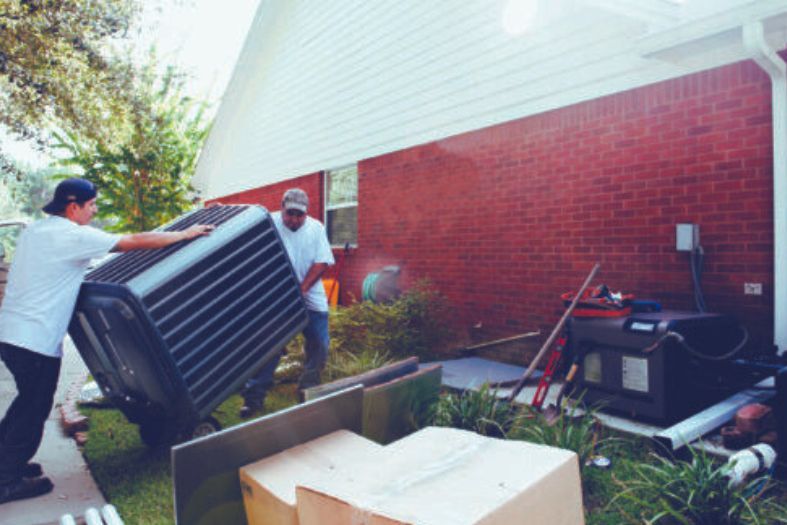
Is Air Conditioning Really Necessary in Gainesville, GA?
The summer temperatures in Gainesville, GA typically aren’t nearly as high as in some parts of the country. Nonetheless, the weather can still be quite warm and humid throughout most of June, July and August, which can make air conditioning a must-have. The record high temperature for most years is in the upper 90s, but there have been times when the temperature rises well above 100 degrees. Even if the daytime high is only in the mid to upper 80s, the temperature inside your home can still rise well into the high 90s. Once the outdoor temperature rises into the 90s, your home can quickly become so hot that it puts you at risk for heat stroke.
Whenever the indoor temperature becomes that hot, fans will have no effect as all they will do is move the hot air around. Having a fan pointing directly at you can help you to feel cooler, but it still won’t do anything to lower your home’s temperature. As such, your only real option for staying cool on those much hotter, more humid days is to use some type of air conditioning or install an evaporative cooler, a.k.a. a swamp cooler.
Most Effective Options for Air Conditioning
Window air conditioners and portable ACs can be effective options for staying cool during the summer, and these units are obviously much cheaper than installing a central AC unit. One issue with window and portable ACs is that they’re typically not very energy efficient. These units can also only cool a small area, which means you would really need a unit in every single room to ever have any hope of keeping the entire house cool.
Unless your home is fairly small, purchasing a window or portable AC for every room can still be quite costly. Having portable or window ACs running in every room will also use far more electricity than if you had a central AC or ductless mini-split AC. In this sense, upgrading your home with central air conditioning or installing a mini-split system can be a smart financial decision that could end up saving you money in the long run. Not only that, but these systems will also function much more effectively and ensure you stay cool on even the hottest days.
Ductless mini-splits are typically best suited for homes without a central HVAC system. That being said, if your home currently has an electric furnace, a mini-split system can also be an excellent option. This is because mini-splits can both cool and heat. When heating, a mini-split will use far less electricity than any type of furnace or other heating option.
If your home does have a ducted central HVAC system, another great option to consider is installing a heat pump as these units can also provide both cooling and heating. Heat pumps and mini-splits are basically the same type of units. The only real difference is that a heat pump relies on a central air handler and ductwork to circulate the warm or cool air. Mini-split systems, on the other hand, have individual air handlers installed in each room or various parts of the home that are connected to one outdoor heat pump unit.
How to Know Which AC Option Is the Best?
If your home has an existing ductwork system, you will generally always be best off installing either a central AC unit or a heat pump. If your furnace and existing heating system is less than 8 to 10 years old and still works effectively, you’re probably best to choose a central AC unit. If your furnace is nearing the end of its life, then a heat pump will definitely be the best option. Although heat pumps are usually a bit more expensive than central AC units, they are still much cheaper compared to purchasing separate cooling and heating units.
If you do decide to go with a central AC unit or a heat pump, you will then need to determine what type of unit is best. Single-speed ACs and heat pumps are typically the least expensive option, but also the least energy efficient. Two-speed units are more expensive, but they will often be the cheaper long-term option. This is because two-speed units can slow down and run at low power when less cooling is needed, which greatly reduces how much energy the unit uses. Variable-speed units are even more efficient as they typically have five or six different power settings so they can much better adjust based on how hot it is outside and how much cooling is currently required.
If your home doesn’t have a ducted central heating system, then a mini-split will definitely be the best choice. Trying to install central air conditioning in a home that doesn’t already have ductwork is extremely difficult and will always require extensive construction and major renovations. This means that choosing ductless air conditioning can save you some serious money while still ensuring your home stays cool all summer long.
Installing a mini-split system is relatively easy compared to central HVAC systems. After mounting the heat pump unit outside, all that is required is to cut a small hole in the exterior wall where each air handler unit will be installed. This hole is used to run a small diameter conduit that contains the refrigerant lines and the wiring. The hole is also used to run the condensate drain line from each air handler so that the water that forms in the unit as its running can drain back outside.
Unless your home is quite large and spread out, a single mini-split system should be able to effectively cool the entire building. This is because most systems can accommodate anywhere from four to eight air handlers, which means you should be able to have a unit in every room or large area to ensure the entire home stays cool. If your home is much larger, you may need to install two systems. The reason is that the heat pump is only able to pump the refrigerant a certain distance. As a result, all of the air handler units typically need to be located no further than 50 to 150 feet away from the heat pump depending on the size of the system.
Another major advantage of mini-split systems is that they tend to be much more energy efficient than central air conditioning. Mini-splits typically have a much higher energy efficiency or SEER rating than most central ACs and central heat pumps. The other reason is that central air conditioning systems typically have lots of issues with energy waste due to air escaping from leaks in the ductwork and the air warming up as it moves through the duct system.
[company_name] specializes in AC installation, and we carry an extensive selection of central air conditioners, heat pumps and ductless mini-splits. Our technicians can also help to explain all of your different options so you can make a more informed choice on which is the best fit for your budget and your home. We can also help if you need any AC repairs or maintenance services, and we also offer a full range of heating, indoor air quality and water heater services for customers in Flowery Branch, Alpharetta and throughout the Gainesville area. For more information on your AC options or to schedule a consultation, give us a call today.

Table of Contents
More Articles
Categories
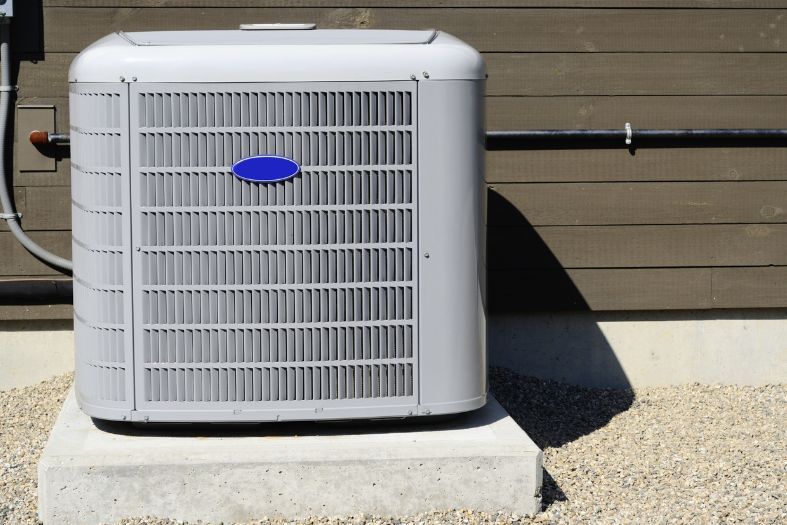

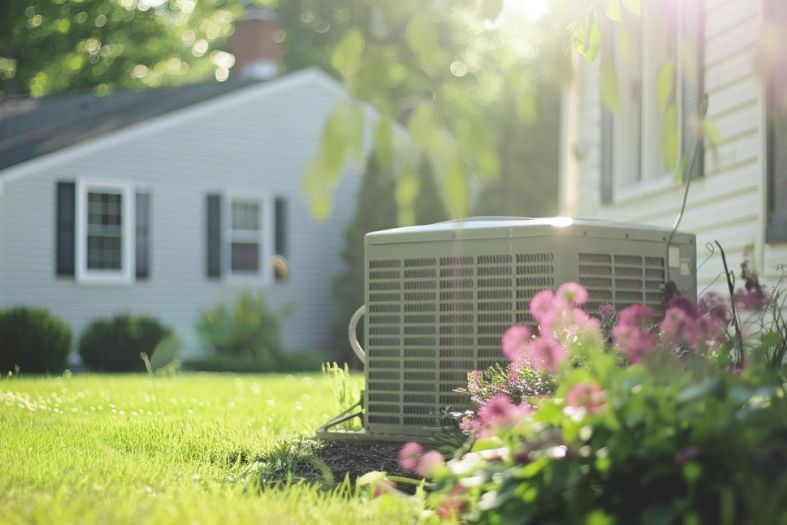
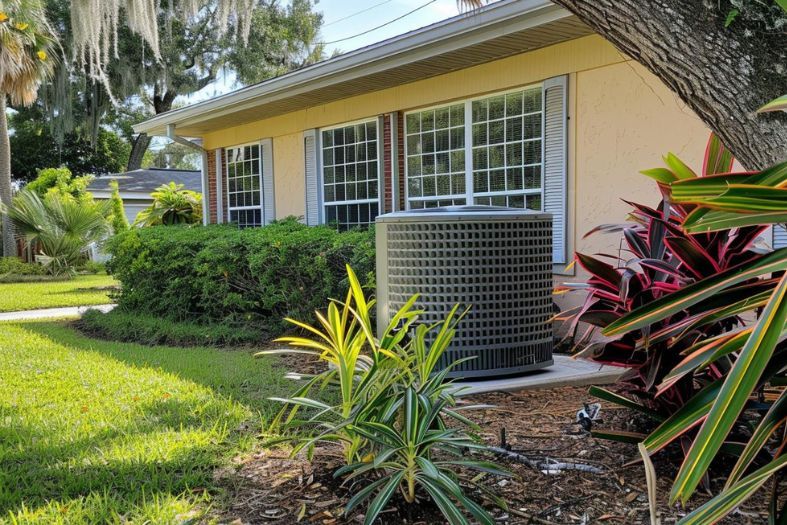
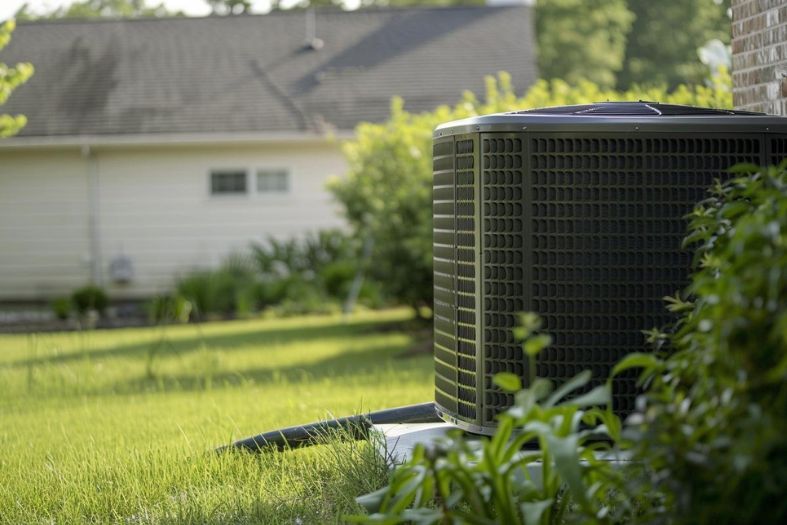
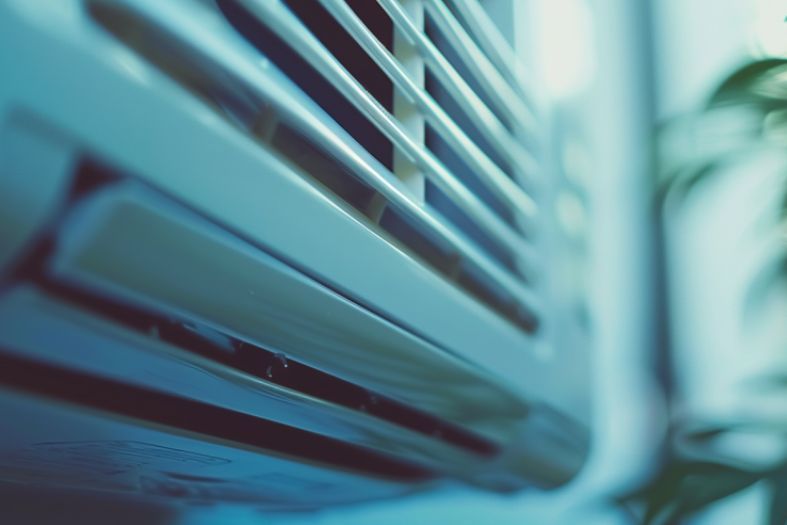

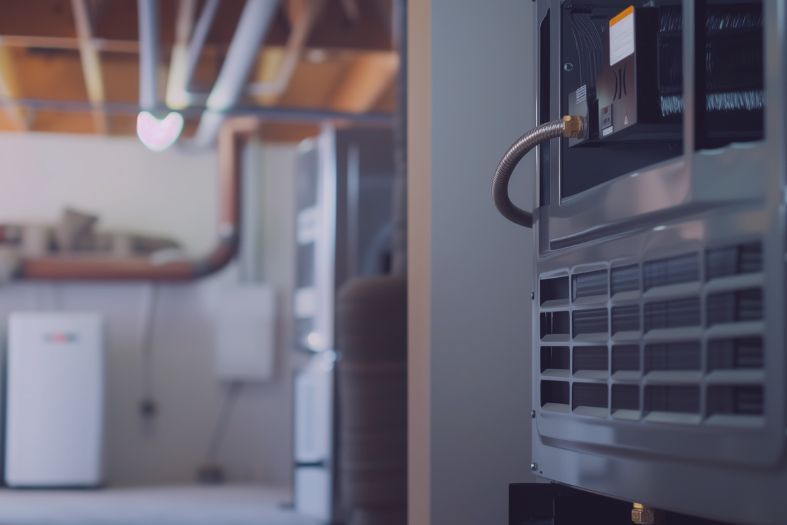
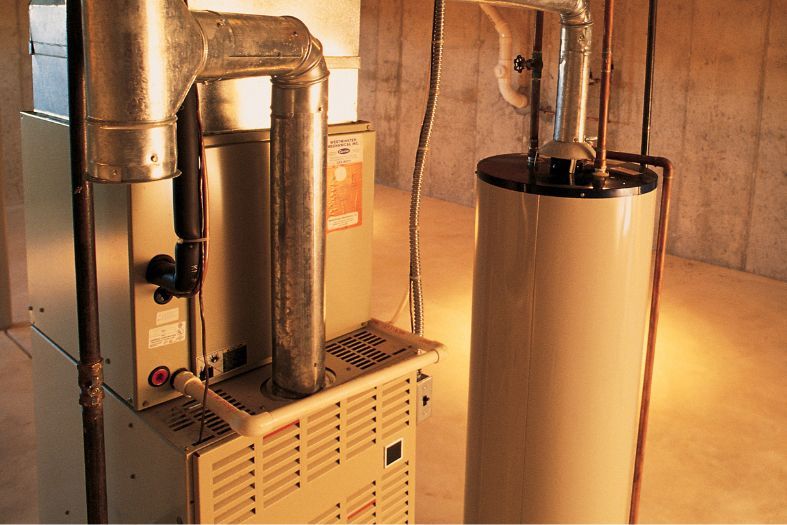
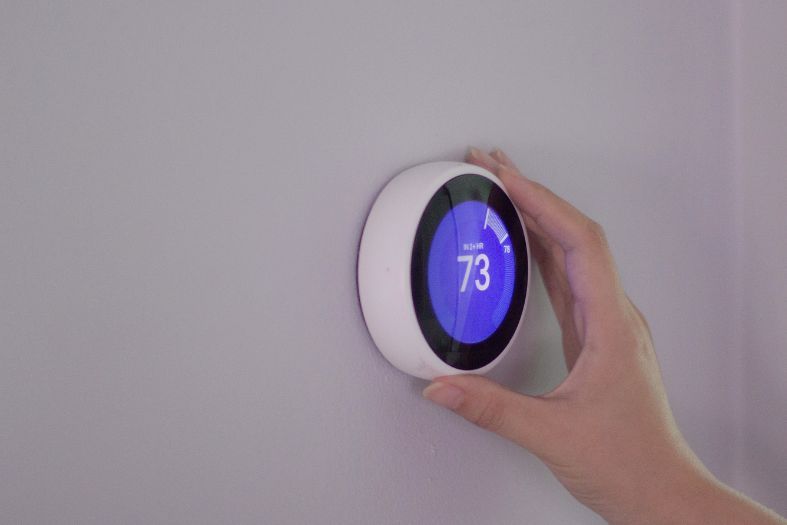
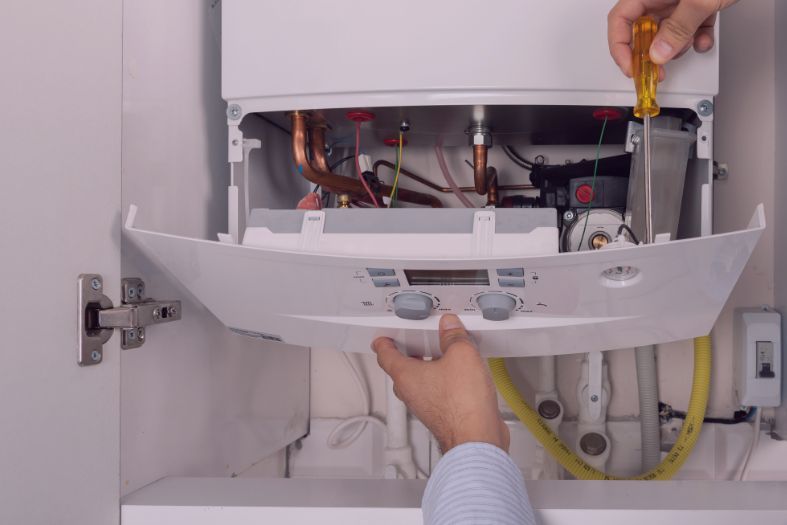
Leave a Reply